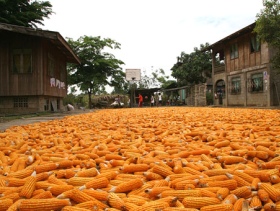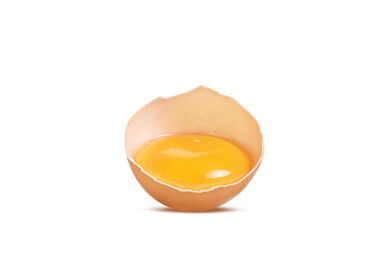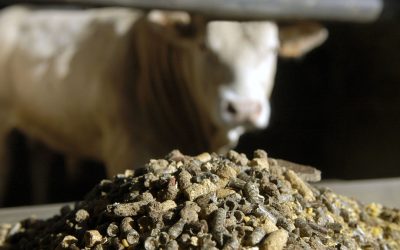Philippines import corn to fill local shortage

Philippine feed millers imported 80, 000 tonnes of corn from Thailand to fill in the shortage caused by the El Nino, the Philippine Feed Millers Association Inc. said.
The corn shipment arrived between the months of January to May at a price of $250 per ton.
Feed millers have also contracted 844,000 tonnes of feed wheat, a substitute for corn. A total of 500,000 tonnes of it have already arrived in the Philippines. The remaining volume is expected to arrive in the country in or before October.
Local corn production declined 16.8% to 1.8 million tonnes in the first quarter because of the El Nino, according to the Bureau of Agricultural Statistics (BAS).
BAS expects that, with the El Nino expected to last until June, corn production will decline further. For the period of January to September, BAS forecasts corn production to fall 17% to 4.6 million tonnes.
The Department of Agriculture said the dry spell has damaged around 500,000 tonnes of corn.
Feed millers face bad year
Feed millers are no longer keen on importing corn despite a drop in domestic output, because of weak demand from animal feed suppliers.
“The industry is not keen on bringing in more corn. We’re done importing [for 2010]," said an official of the Philippine Association of Feed Millers Inc.
The demand by pig and poultry feed suppliers has weakened, forcing many feed millers to pare production and plug their losses, the association official said.
Animal feed production is expected to decline by 10% to 4.9 million MT this year.
The association has booked up to 800,000 MT of feed wheat — a cheaper corn substitute — for delivery toward September 2010 to cover for the slack in imported corn. The landed cost of feed wheat is lower than that of corn.
This might be the most difficult year for feed millers, “probably because of the climate change factor. Animals are getting stressed. Raisers have started cutting down on volume," he said.











